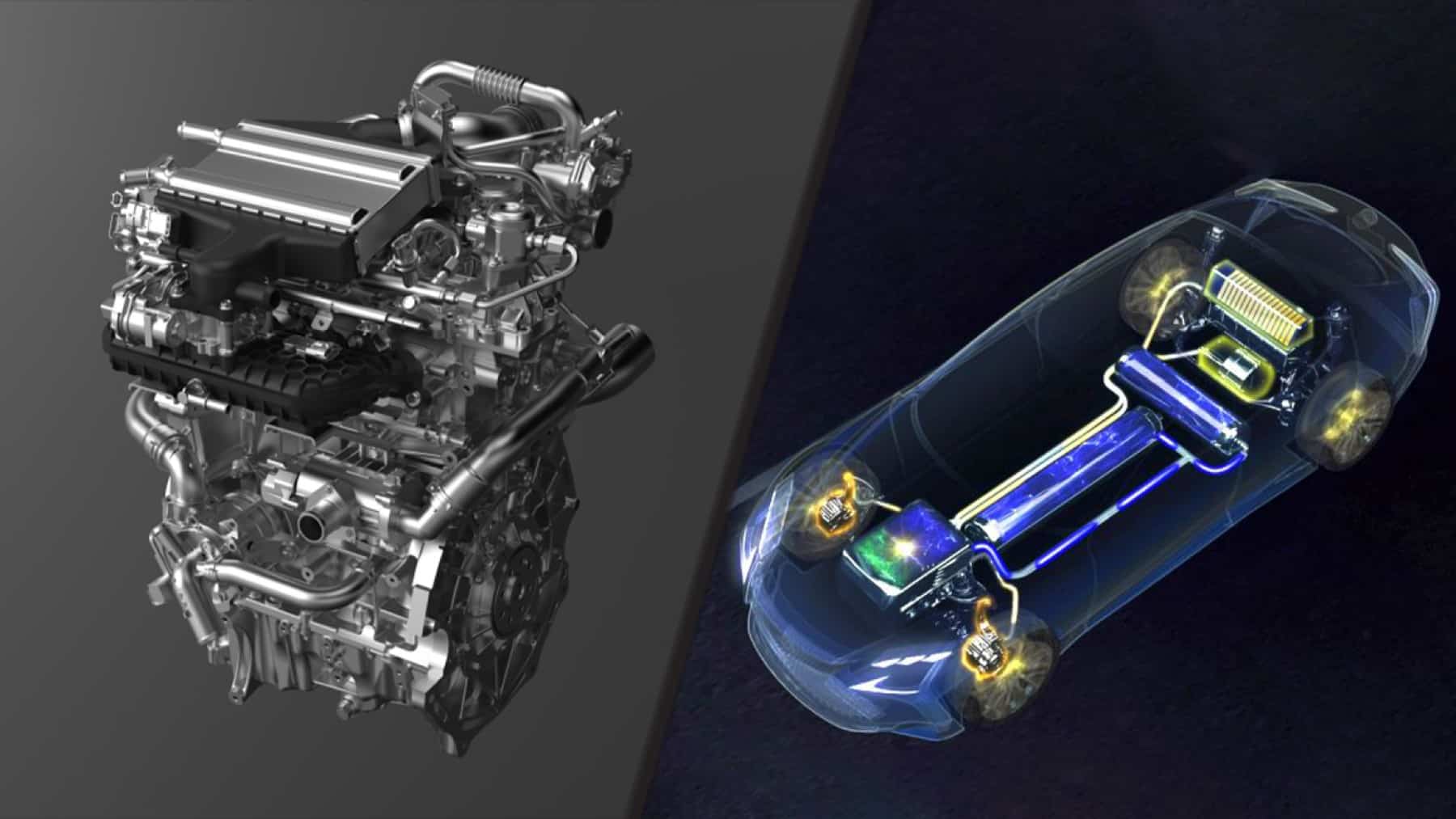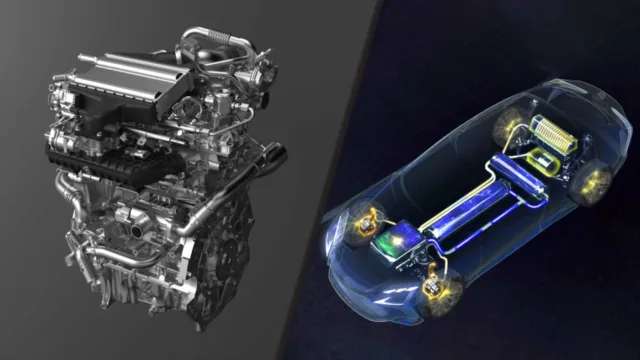
In the transition away from petrol and diesel toward more sustainable fuel, many car manufacturers have turned to electricity as their saving grace. Battery power is exponentially better for the environment, leading to widespread success on the market, and China has realised this, becoming one of the leading EV manufacturers across the globe. More recently, however, they are turning to even more advanced options for the future of cars.
Why have electric vehicles been such a success over other clean transportation options?
As the world inevitably moves toward a sustainable future, the automotive industry has had to make a lot of changes. Historically, only petrol and diesel have been available for transportation, but as technology advances, alternative options have come about.
One such option, and arguably the most successful right now, is the electric vehicle. Using electrical energy as the main propulsion, these vehicles provide numerous benefits to drivers and the environment. EVs are quieter, more efficient, and produce a much lower carbon footprint than internal combustion engines. Government regulations are getting stricter with regard to car emissions, and so opting for an electric vehicle seems like the right way to go.
China has entered this market with great success, and after providing the public with numerous EV options, they are onto something greater.
China’s synthetic fuel engine is changing the game and may be a major contender in renewable energy soon
Many people assume that internal combustion engines are a thing of the past when considering sustainability, but new research and engine design are showing the world that this is not the case. China’s GAC is producing an internal combustion engine that runs not on petrol or diesel, but on liquid ammonia.
Ammonia is a greener alternative to fossil fuels and allows ICE vehicles to remain a possibility in the journey towards a greener future. This fuel is a cleaner source of power that is abundantly available for usage, making it a great option for manufacturers. GAC’s engine is an innovative development for the automotive industry and leads to exciting opportunities for the future.
A closer look at GAC’s ammonia-powered engine and its top-class performance
While ammonia is usually used as a fertiliser, GAC has revolutionised its use, with its 2.0-litre groundbreaking engine providing several key benefits:
- It produces almost no carbon dioxide, carbon, or hydrocarbons
- The engine gives off 90% less carbon dioxide than petrol
- It produces an impressive 161 horsepower
The potential for these engines is impressive, and Qi Hongzhong, an engineer at the GAC R&D center, says:
We’ve overcome the pain point of ammonia being difficult to burn quickly and put the fuel to use in the passenger car industry. Its value to society and for commercial uses are worth anticipating.”
The hurdles that ammonia faces as a fuel source need to be overcome before mainstream adoption
Of course, no new fuel source comes without its challenges, and ammonia certainly has its fair share. The main issues lie in the nitrogen emissions that ammonia emits, as well as the increased combustion pressure it requires. However, GAC has reportedly addressed these issues in its updated engine and claims that this fuel is now suitable for passenger vehicles. Although this fuel is very toxic to handle, GAC is making monumental moves in improving its usage in the motor industry.
So while electric vehicles remain the most popular option for more sustainable cars, new research is being done every year, and only time will tell whether EVs remain the top contenders. Options like ammonia are certainly looking viable, and GAC continues to work on its engines to power a better future.
Disclaimer: Our coverage of events affecting companies is purely informative and descriptive. Under no circumstances does it seek to promote an opinion or create a trend, nor can it be taken as investment advice or a recommendation of any kind.








